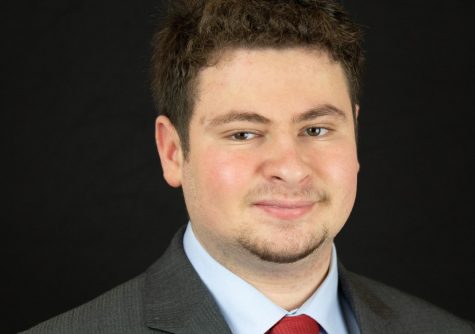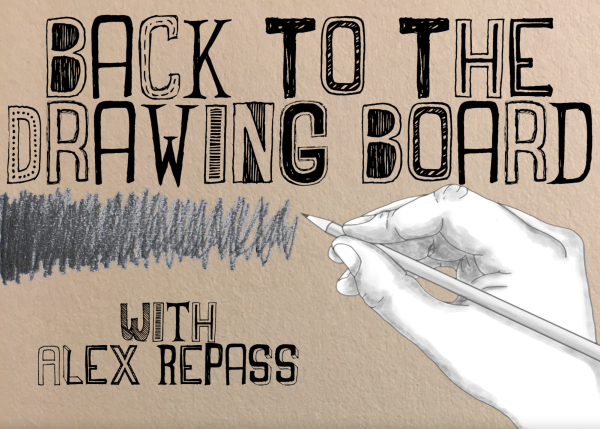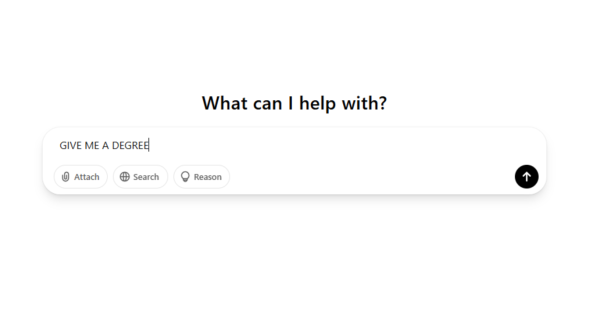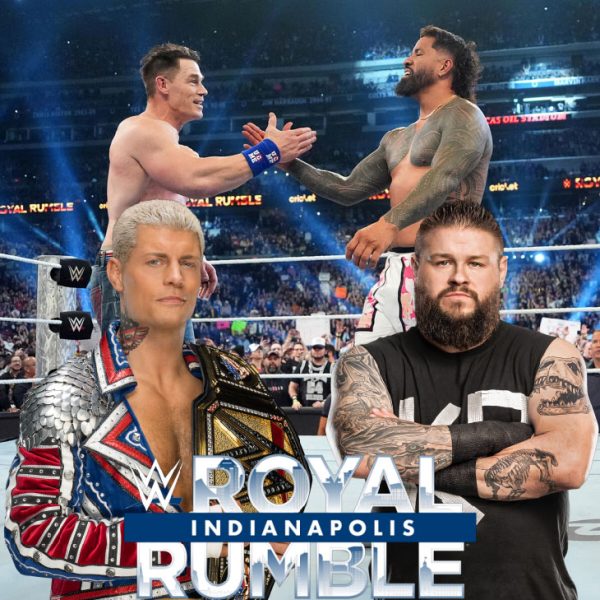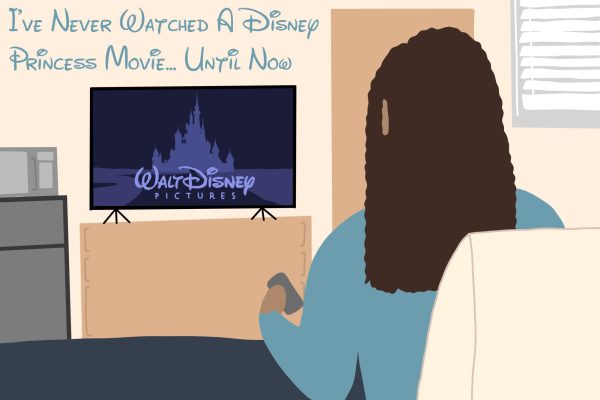Should cancel culture be canceled?
Online shaming, more commonly known as cancel culture, has claimed many victims in the past year as celebrities are targeted. On the surface, it seems cancel culture is a good thing for society and holds people accountable for their actions. But is it really a positive thing?
In a lot of cases, we would say yes. People have been “canceled” for using racial slurs, portraying blackface or being misogynistic. Social media users have been brutal in their crusades to cancel celebrities with little regard for the people they are shaming.
The consequences of cancel culture are felt throughout the entertainment industry with examples like Roseanne Barr being fired from “Roseanne” or Spotify removing R. Kelly’s music from its streaming service. This shows celebrities can have their influence and work taken away once they have been classified as canceled.
In these two cases, we believe the celebrities were rightfully fired/removed from the spotlight because of their actions. In cancel culture, it seems celebrities such as R. Kelly or Kevin Spacey being canceled for sexual misconduct are being ranked to the same degree as comments made by celebrities more than 10 years ago.
For example, Twitter users dug up old tweets of Kevin Hart’s that used homophobic language. As much as we disagree with the homophobic language, we understand that people can learn and grow. Although it holds people accountable for previous and current actions, cancel culture has taken away the understanding that people can change their views and opinions, especially after 10 years.
Another example of cancel culture involves Mark Wahlberg. Before Wahlberg became a famous actor and personality, he was a high school dropout who found himself in trouble with the law on a number of occasions. When he dropped out of school at 14, he joined a gang and was arrested multiple times for dealing drugs. At 16, he was charged with attempted murder, though those charges were eventually reduced to criminal contempt. Wahlberg only spent 45 days behind bars but it was enough to get him to turn his life around, living a completely different life today at 49. However, that hasn’t stopped people from trying to use his past to cancel him. As recently as the past year, people started saying he should be canceled, even though articles about his past are from over five years ago. Wahlberg has even said he regrets his early life decisions and that he has grown since then.
Like Wahlberg, popular YouTuber Logan Paul is an example of how people can change and deserve a second chance. Back in 2017, he began trending for filming a deceased corpse in Aokigahara, which is known as the “suicide forest” in Japan. He faced many consequences, from people on Twitter trying to cancel him to Youtube dropping him from Google Preferred. He spent a year assembling a new team of people around him and three years later he has turned his career around. He is back to being one of the top YouTubers on the platform. Furthermore, there is a visible change in his content from three years ago to today which shows extreme maturity. This depicts how much someone can grow up and change in such a small amount of time, especially after such a major mistake.
Overall, it seems cancel culture has grown to a degree where it can do more harm than good. There is not enough understanding that people can change for the better and aren’t the same people today as they were even a week ago.
Emily Dvareckas graduated from RWU in 2022 with a degree in forensic science. She spent three years with The Hawks’ Herald as the photo editor...

